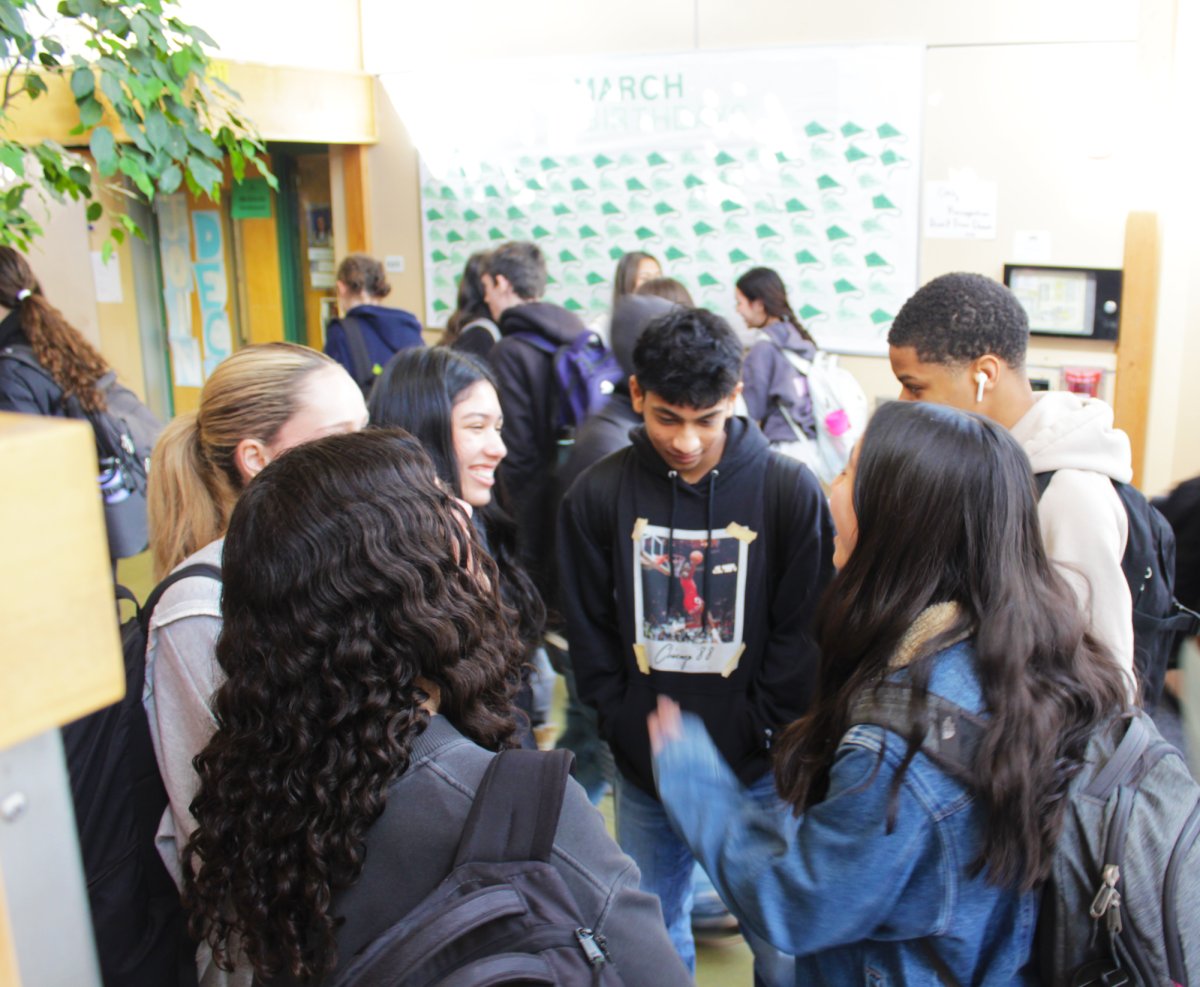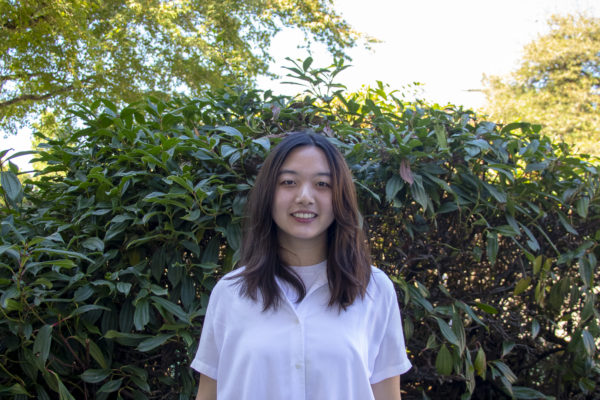In a recent Nordic News survey of 62 students, over 90% believe the school has cliques. Despite the often negative connotation behind the word “clique,” some students think that cliques bring together teens with common interests and backgrounds. However, others dislike the distance between social circles that typically arises in high schools.
“I think it’s a really cool thing to have cliques in school because it allows people to meet each other and make new friendships and relationships for something that they all enjoy,” senior Max Ghelsen (he/him) said. “I know theater’s probably considered a clique, sports are all cliques. All the clubs — they have now club time — I’m sure those are considered cliques, too, and that’s just really cool because I joined Chess Club and made a few friends, joined Spikeball Club and made a few friends from that, too.”
While some students said that cliques can be positive, others said that the stereotypes around their group can have adverse effects on the students associated with them, resulting in generalizations.
“Your group’s reputation can also carry on to your name. And so whenever you go and try and make other friends, they may use your reputation to judge you. Like if your group does a lot of things, other people might assume you do those kinds of things,” sophomore Oliver Lucas (he/him) said.
Lucas believes that an additional negative aspect of Inglemoor’s clique culture, is the unwelcoming environment it creates for new students, both freshman and later transfers.
“For a new student, it can be hard to fit into a place that’s so cliquey. It’s kind of just like everyone has a designated area. And for example, the friend group that I’m in, everyone has a place to go and I noticed that with a lot of other friend groups too,” Lucas said.
Conversely, junior Kairui Cheng (he/him) found it easy to make friends at Inglemoor, due to the connections he formed with students of different grades and backgrounds in his elective classes.
“I waivered here for IB, so most of my middle school friends are at Bothell right now, so I had to make a lot of new friends,” Cheng said. “I didn’t feel like it was very difficult. When I joined the band in my freshman year — I knew like two people, but then I participated in the events that band has like football games since those are required and talking to people through band became very easy.”
Alternately, Gehlsen’s friend group has stuck together since elementary school. Although they are open to accepting other students, he believes their shared experiences make it difficult for new friends to feel a deep sense of belonging.
“Maybe getting close with us can be considered hard because we talk about what we did. We grew up together, and when you’re middle school, you do way stupider things usually than you do in high school, so we have those memories,” Ghelsen said. “People that are new might just be like, ‘Oh, I can’t relate to this.’”
Bonding over similar lifestyles is a significant way cliques are created. Students of the same ethnicity can relate to each other through hobbies, culture and challenges. Junior Andrew Shi (he/him) said he believes that students of the same ethnicity tend to form cliques, which he’s observed in his own predominantly Asian friend group.
“I think that it has more to do with sharing a cultural background and it’s less of the fact that we’re Asian that’s bringing us all together. It’s more that we all have strict parents. We sort of connect with that. We have the same familial situation, and we connected through that.”
Shi also said that the separation of IB and non-IB students contributes to Inglemoor’s clique culture. IB students typically have classes with the same group of students, which isolates them from students in other classes.
“There seems to be two separate groups every year. You have the IB kids on one side hanging around themselves and the non-IB kids on the other side,” Shi said. “Of course, there’s always an in-between, but that’s the general trend that I see — that people will stay separate, and I don’t think there really is any fix to that, because I think the reason for the separation is because people are in different classes. And if you’ve never taken a class with some people, you’re not going to feel a connection.”
In order to branch out of a clique and make new friends, students recommended joining new extracurricular activities, actively reaching out to new people and eliminating judgment.
“Most people aren’t going to care in two years, or three years when they’re out of high school. People just need to think of cliques as not some serious thing,” Gehlsen said. “It’s okay to be yourself and find who you like, because no one else should care what you like to do because it’s what you like to do.”











